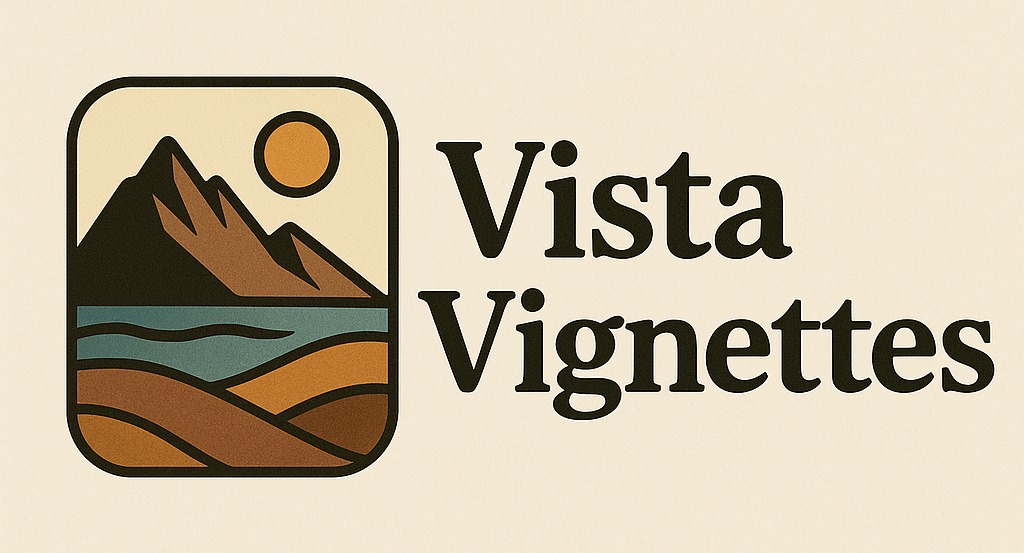:max_bytes(150000):strip_icc():format(jpeg)/20250617-SEA-LaBelle-PatrimioneLoveLetter-AmandaSuarez-6904a9fe23bd4c1b89be01dd5296281d.jpg)
I do not keep in mind precisely once I noticed the rooster model LaBelle Patrimoine pop up in my native Entire Meals Market. However I do keep in mind tasting the corporate’s chickens for the primary time. After dry-brining an entire rooster in a single day and roasting it, I minimize into the chicken for a style. The meat was tender and succulent, and the schmaltzy yellow fats was so deeply flavorful that I might have fortunately eaten the fats by itself—no meat, sauce, or sides required. You might chalk it as much as my dry-brining or roasting method, however I’ve dry-brined and roasted dozens of chickens, and none have ever come near being as scrumptious as this one.
I discussed my expertise to my Critical Eats coworkers, and our affiliate editorial director, Megan, instantly chimed in to say that she had just lately found LaBelle Patrimoine and was as smitten as I used to be. We’re not the one followers: An Instagram consumer gushed that the model’s chickens style “so a lot better than any store-bought rooster you have ever had,” and New York Occasions columnist Eric Kim described it because the “chickeniest rooster” a couple of weeks in the past.
Curious what may clarify why their chickens are so good, I took a take a look at their web site. They level to varied components that doubtless do make a distinction: the breed of rooster, their farming practices, and the way the chickens are processed after the slaughter. In response to the positioning, the the Lancaster, Pennsylvania-based firm works with about 40 small Pennsylvania farms to lift a heritage breed from France that take longer to mature and develop a deeper falvor than a lot of the fast-growing standard chickens that prioritize velocity and effectivity over taste.
The LaBelle Patrimonie chickens are additionally Step 4 Animal Welfare Licensed, which ensures the birds have entry to outside shelter, shade, a dust-bathing space, and freedom to forage in open air. It is a designation that carries considerably extra weight than unregulated phrases like “all pure.” The birds are pasture-raised, which implies they spend most of their time outdoor; this designation is usually a step up from “free vary,” which typically simply means the hens have entry to the outside.
Critical Eats / Amanda Suarez
There’s quite a bit to be stated in regards to the ethics of standard poultry farming practices; the demand for reasonable rooster has pushed many rooster producers to lift chickens in inhumane situations. Because the Systemic Justice Journal touched on in 2021, many conventionally-raised broiler chickens are “genetically modified to develop so quick their legs can not maintain their weight,” making it tough, if not not possible, for them to maneuver. Typically, these chickens lack entry to outside area and are confined to small cages. Not solely are standard poultry-farming practices merciless, however they have an inclination to supply lacklustre chickens that, in my view, merely do not style pretty much as good.
After slaughter, the LaBelle chickens are air-chilled, a course of that many people right here at Critical Eats consider yields rooster with higher taste and texture in comparison with the extra frequent apply of water-chilling in a chlorine answer. As former Critical Eats editor Kenji notes in his article on how one can butcher a rooster, air-chilled chickens are higher worth (since they do not retain water the best way water-chilled birds would) and still have a extra concentrated taste.
Along with being Animal Welfare Licensed, LaBelle Patrimione makes use of a regenerative method to farming, exhibiting that it is potential to lift scrumptious chickens thoughtfully, humanely, and sustainably. In French, “La Belle Patrimoine” means “an attractive heritage.” Their chickens are, certainly, an attractive heritage—but when the corporate conjures up different suppliers to lift scrumptious birds the best way they do, then that, I might argue, could be an much more lovely legacy.

:max_bytes(150000):strip_icc()/20250617-SEA-LaBelle-PatrimioneLoveLetter-AmandaSuarez-6904a9fe23bd4c1b89be01dd5296281d.jpg?w=696&resize=696,0&ssl=1)
